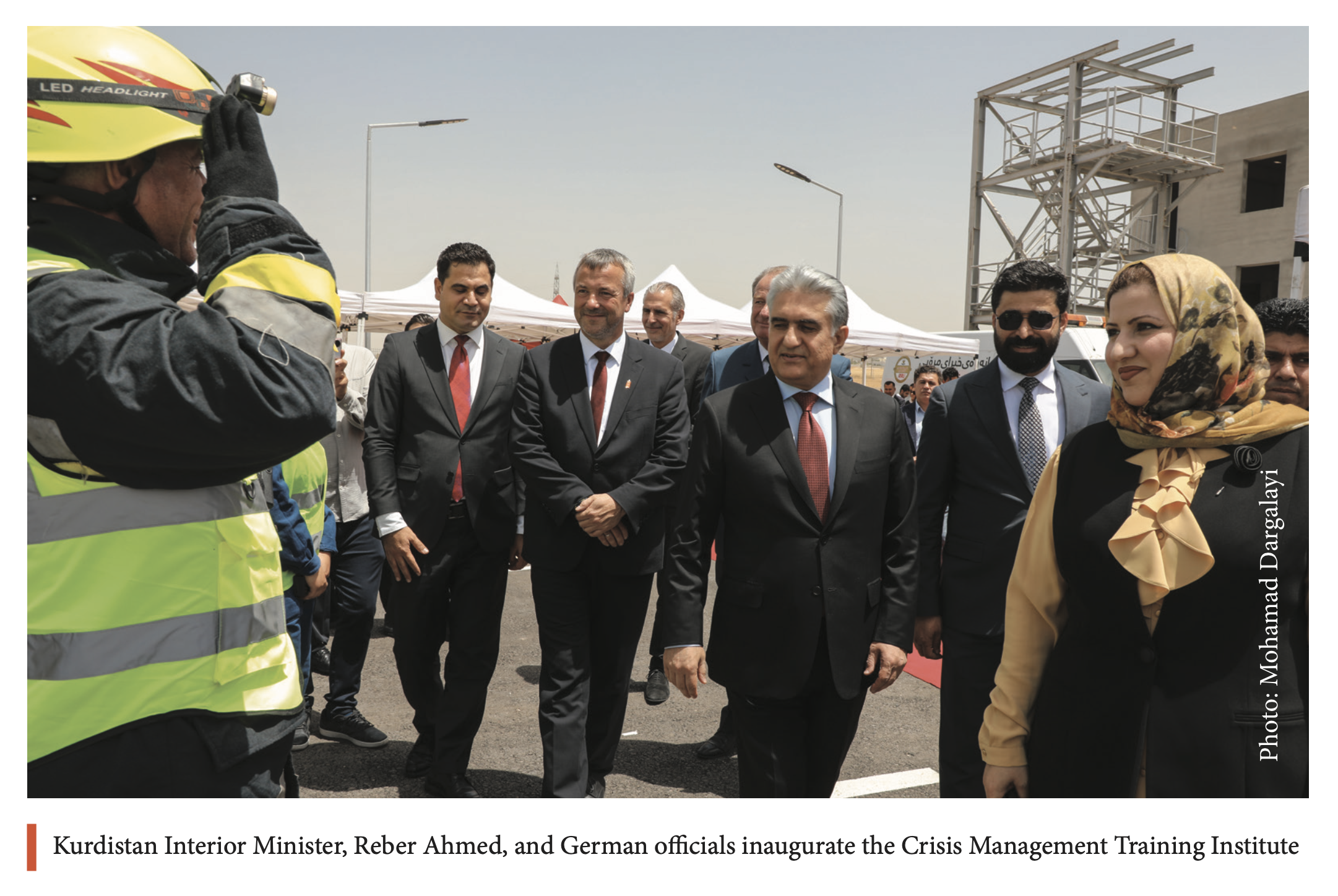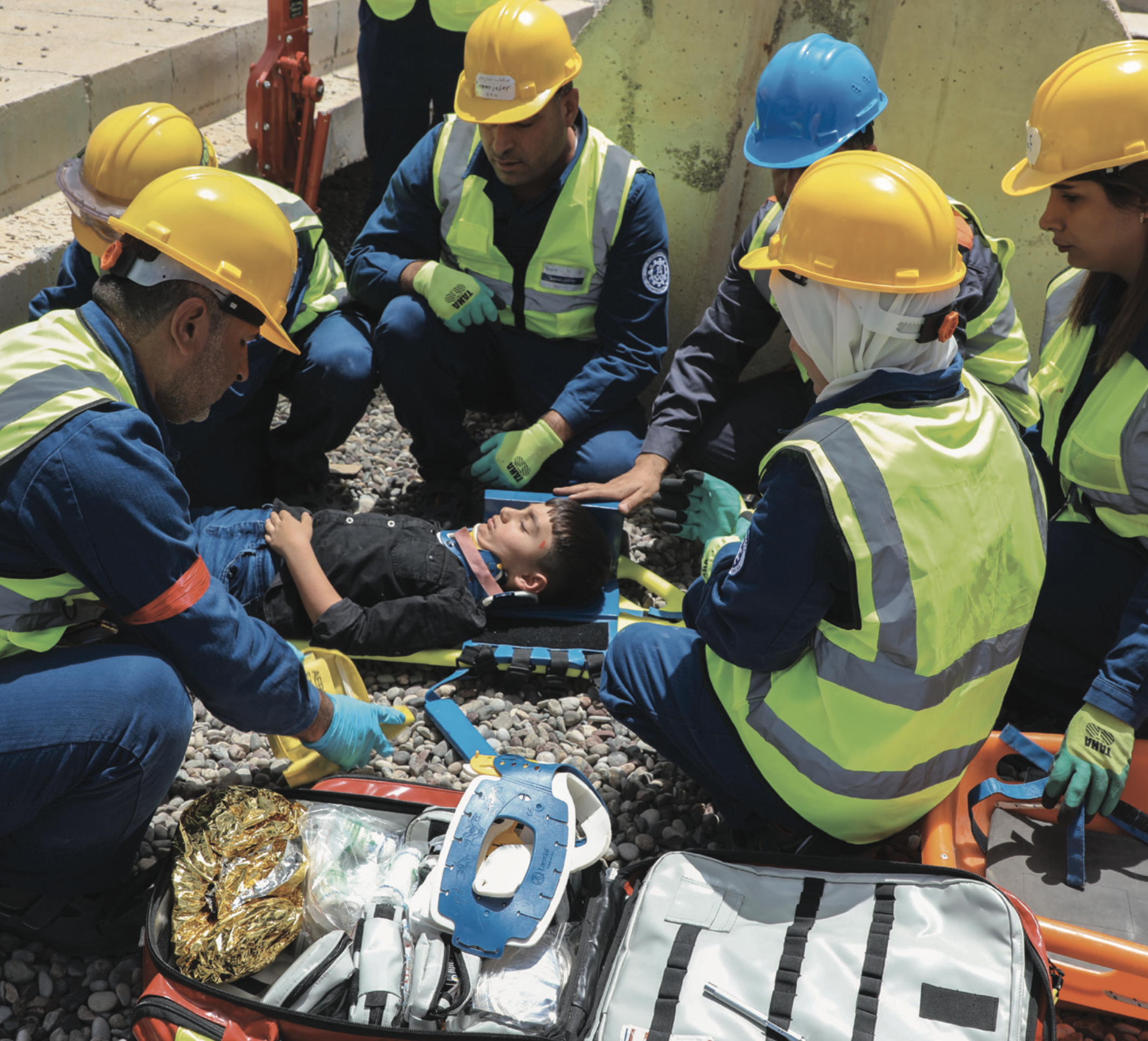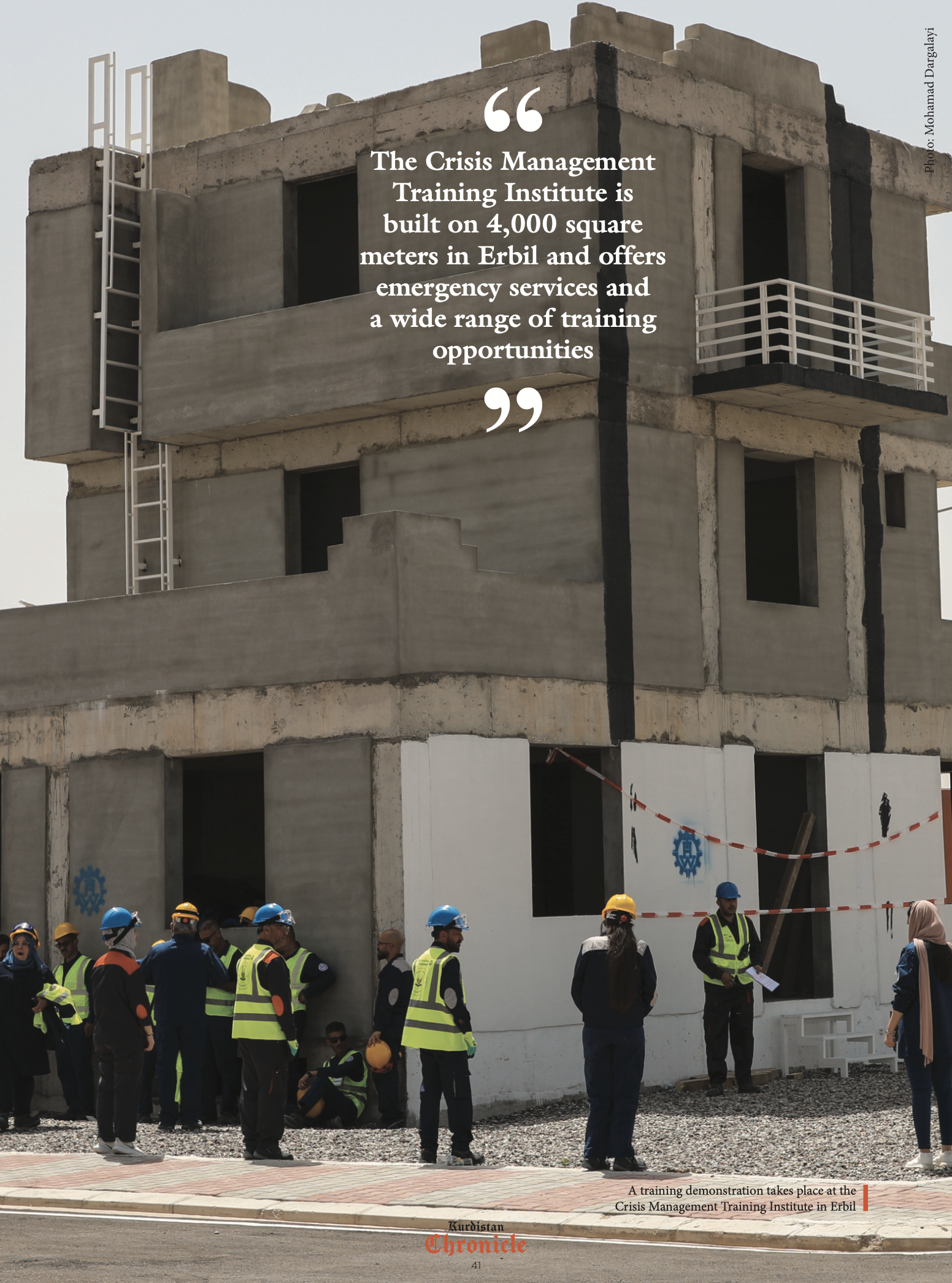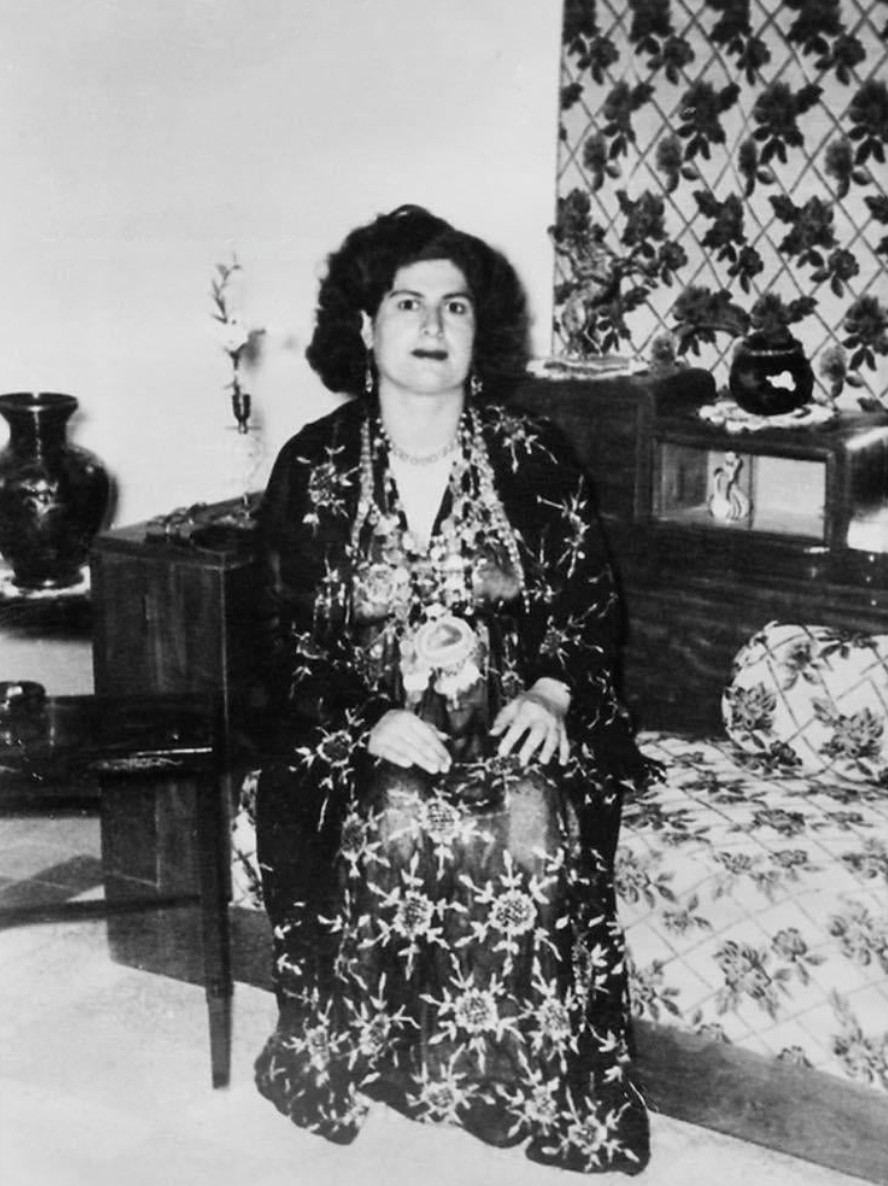In June the Kurdistan Region hosted an important event in Erbil to announce the inauguration of the Training and Crisis Management Institute.
With local history marked by natural and man-made disasters, there has always been a need for a modernized organization in Kurdistan that can effectively train and equip first responders, rescuers, and civil protection services. Recognizing the magnitude of this undertaking, it became evident that the local commitment and determination need international support to materialize such capacity.
Germany, as one of the key partners of the Kurdistan Region on an international level, acknowledged the need and mobilized its essential resources to help realize the first Training and Crisis Management Institute in Kurdistan, which opened its doors on June 4th of this year.

The official opening ceremony of the institute was attended by Kurdistan Region Interior Minister Reber Ahmed, President of Bundesanstalt Technisches Hilfswerk (THW) Gerd Friedsam, and Parliamentary State Secretary in the Federal Ministry of the Interior of Germany Johann Saathoff. The officials each delivered a speech to highlight the importance of the institute for improving the crisis management infrastructure in the region and enhancing the human capacity of its first responders.
The Kurdistan Region established the Joint Crisis Coordination Center (JCC) in 2015. It nearly coincided with the emergence of the Islamic State (ISIS), which led to the displacement of millions of people, many of whom sought refuge in Kurdistan. Back then, the JCC, part and parcel of the Interior Ministry of Kurdistan, played a remarkable role in setting up and managing refugee camps across the region and channeling international aid to the people in need. However, responding to the humanitarian crisis caused by the brutality of ISIS was not JCC’s only remarkable mission; the organization has also spearheaded campaigns to respond to natural disasters like flooding, pandemics, fires, etc.
Now with the new institute, the right tools are available for the Kurdistan Region’s ongoing efforts “to enhance its crisis response skills, safeguard lives, and minimize damage,” as underscored by Minister Reber Ahmed in his statement.

The Crisis Management Training Institute is built on 4,000 square meters in Erbil and offers emergency services and a wide range of training opportunities. It expands across six different sections with two routes strewn with rubble, a tower for height rescues, and an area with streets and paths. Full-time and volunteer responders can try numerous scenarios. During the handover ceremony for the institute, JCC staff conducted a training demonstration to provide a clearer picture of how the institute can grow the future capacities and competencies of the civil protection service in the region.
The collaboration between the German THW and Kurdish JCC, however, is not limited to the infrastructural support in the new facility. The former supported the latter with technical equipment and built a comprehensive logistics network in the region. This has already enabled the JCC to react quickly in some emergency aid operations, for example in delivering humanitarian aid to people in Syria and Turkey.

Likewise, the THW, together with JCC, has set up Rapid Response Units and trained first responders from civil society who can apply the basics of rescue and first aid in the event of an earthquake.
In a speech delivered during the opening ceremony, THW President Gerd Friedsam said: “With the new training ground, we are further strengthening civil protection in the Kurdistan Region of Iraq. The training of the full-time and voluntary emergency services will be raised to a new level at this new training ground, since the emergency services can now realistically practice different scenarios, from earthquakes to rescue from heights to traffic accidents.
Commenting on the new training compound, JCC head Srwa Rasul told Kurdistan Chronicle that since the trainings are not limited to full-time first responders who work for the government, volunteers can also join the trainings which can help prepare society as a whole to react properly in a disaster and minimize loss and damage.

She further explained that support for the JCC enhances international aid deliveries to other devastated regions around Kurdistan as well. According to Rasul, in the past few months, 27 truckloads of humanitarian aid – valued at $800,000 – was delivered to the Syrian Kurdish areas through the JCC in Erbil.
“We thank the German government for the generosity,” she stressed.
The Kurdistan Region and Germany have developed strong bonds throughout the past few years. Germany is among the key members of the International Coalition to Combat ISIS and provided essential weapons, military equipment, vehicles, and trainings to the peshmerga forces to enable them to fight ISIS more effectively, leading to the defeat of the extremist group in 2017.
Mohammed Dargalayi is a journalist and photographer with 13 years experience. He is a member of IFJ Global.

